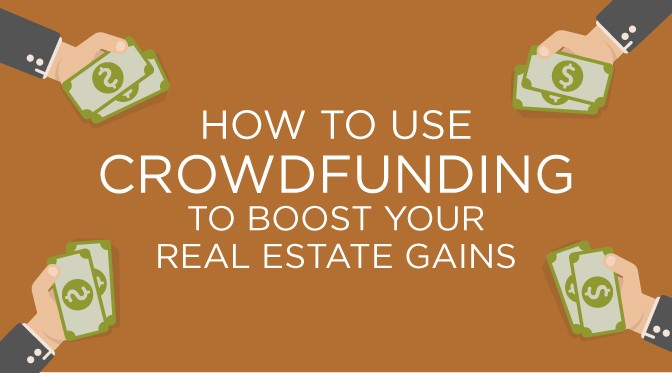The world financial landscape is changing, and it’s fascinating to watch how technology allows more people to raise more money for more causes than ever before. Crowdfunding is a form of alternative finance which has emerged outside of the traditional financial system (we love the idea of avoiding the bank). You’ve probably heard of platforms like GoFundMe, Kickstarter, Lending Club, and Prosper. These platforms have not only helped people raise billions of dollars, they are disrupting the way financing works.
Pooling money has always been the fastest way to raise money—that’s a no-brainer, and the idea of crowdfunding has been around for centuries (in 1885, the base of the Statue of Liberty was built through 160,000 small donations). And when you combine crowds, funding, and technology, billions of dollars can be raised as donations or investments in a short period of time. It’s an invigorating alternative for funding, where an online platform brings project initiators and investors together…bye bye bank.
Anyone can use crowdfunding to raise money for any issue, but what opportunities does this technology provide to the average investor? Let’s look at crowdfunding applied to real estate. Fundrise (Fundrise.com) is just one company that has created an online environment where anyone can take part in investing in large and small private commercial real estate projects.
Fundrise backs and underwrites quality real estate deals, and for as little as $1,000 the average Joe can get in on the investment. This method of real estate investment has also created a huge market for smaller, urban real estate projects that would not otherwise get off the ground. Getting into these types of deals would typically require $100,000 or more; which is why previously only institutional investment partners could play in this arena.
Crowdfunding is not just a big part of the financial industry—it is completely restructuring the financial and consumer lending industry. The banking industry will have to adapt to the power of using technology and social media to distribute investments broadly and network to share those investments. Real estate investment is just one example. Crowdfunding can transfer to nearly any industry (like music, software, product development, and philanthropy).
Let’s not overlook the application of crowdfunding in your small business as an alternative to getting a loan from a bank. Some of us with fantastic business ideas experience barriers and ask ourselves, “How can I?” When you open your options to solutions like using technology to create awareness, raise capital, create transactions, and provide value to other people, your options become limitless. Money circulating online throughout the entire world can end up going to you for the important value you can add.
How do you mitigate the risk in these types of investments?
Only invest what you can stand to lose. Paradigm Life emphasizes that your investment is not your retirement security, the ideas we’re offering today should be done with care. Luckily, we also have a strategy for that. Use money you borrow from yourself after you buy a whole life insurance policy with a cash addition for ideas like the ones we’ve offered here and then pay yourself back—it’s called Infinite Banking. It’s much better to sit back and watch an investment when you know your financial strategy doesn’t depend on the success of the investment.
We know you want more details, and we have a commitment to providing financial education. Take 2 minutes to sign up for a FREE, extensive eCourse called Infinite 101®. You’ll receive access to video tutorials, articles, and podcasts. It literally costs you nothing to become educated on this ideal strategy and start changing your wealth paradigm!
Take advantage of this FREE resource by clicking below.









